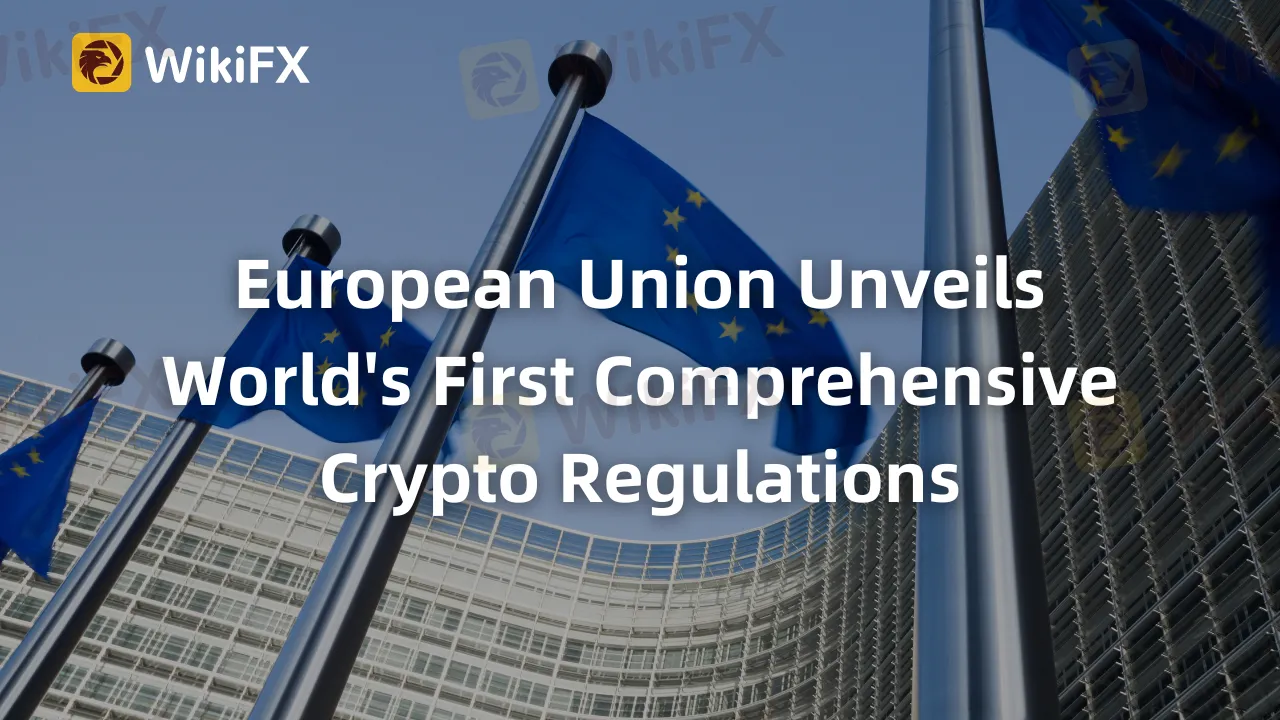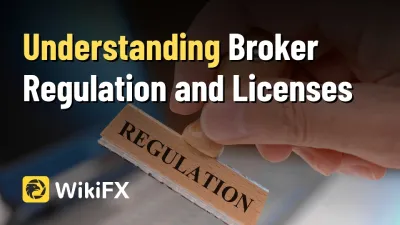Abstract:The European Union (EU) has endorsed the world's first comprehensive cryptocurrency regulations, requiring crypto-related firms to obtain a license. The new rules, designed to prevent money laundering and tax evasion, make crypto transactions traceable and mandate data sharing on tax rulings.

In an unprecedented move, European Union (EU) member states collectively endorsed the world's first holistic set of regulations for cryptocurrency assets on Tuesday. This pivotal decision is likely to incite countries such as the United States and the United Kingdom to accelerate their crypto regulatory efforts.
The crucial approval came during a meeting of EU finance ministers in Brussels, following a rigorous negotiation process with the European Parliament, which sanctioned these regulations in April. The urgency to regulate the crypto sector has been accentuated by the recent downfall of the FTX cryptocurrency exchange.
Elisabeth Svantesson, the Finance Minister for Sweden, which currently presides over the EU, underscored the vital importance of these regulations. “The necessity for introducing protective measures for European citizens invested in these assets and curtailing the exploitation of the crypto sector for money laundering and terrorist financing has been starkly highlighted by recent incidents,” she stated.
The newly approved regulations necessitate that any firm aiming to issue, trade, or safeguard crypto-assets, tokenized assets, and stablecoins within the 27-nation bloc obtain a license. The rules are an effort to provide a comprehensive framework for the burgeoning crypto sector, offering much-needed clarity for companies operating in this space.
In a bid to prevent tax evasion and money laundering using crypto-assets, the ministers have agreed to make these transactions more traceable. As of January 2026, service providers will be required to obtain the names of both senders and recipients involved in crypto-asset transactions, irrespective of the transaction amount.
Further, an agreement was reached on modifying the rules governing how member states cooperate on taxation matters to include transactions involving crypto-assets. This includes the exchange of information on advance tax rulings for the wealthiest individuals.
Crypto firms have long sought regulatory certainty, and the EU's move is likely to put pressure on other countries to adopt similar rules, and on global regulators to develop universal norms for cross-border transactions.
Meanwhile, the United Kingdom has proposed a phased regulatory approach, initially targeting stablecoins before expanding to un-backed crypto-assets at a later stage, though a concrete timeline is yet to be set.
The United States, on the other hand, has been focusing on the use of existing securities rules for enforcement actions in the sector while deliberating on whether to introduce specialized new rules and the bodies that would enforce them.
Hester Peirce, a commissioner at the U.S. derivatives regulator CFTC, acknowledged last week that numerous federal and state authorities are wrestling with determining their potential oversight role in the crypto sector. “We are wandering in the desert a bit,” Peirce confessed at a conference.
The EU's landmark decision on crypto regulation not only sets a new standard for the union itself but also presents a challenge to the global community to catch up. It remains to be seen how other nations will respond to this wake-up call.
Download and install the WikiFX App on your smartphone to stay updated on the latest news.
Download the App here: https://social1.onelink.me/QgET/px2b7i8n










